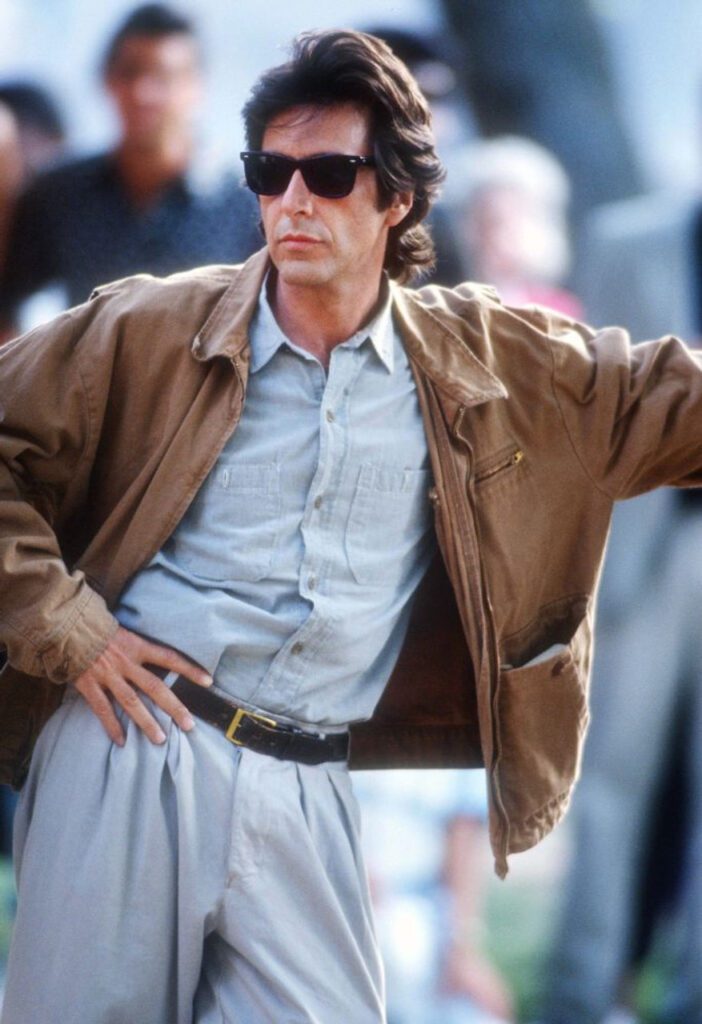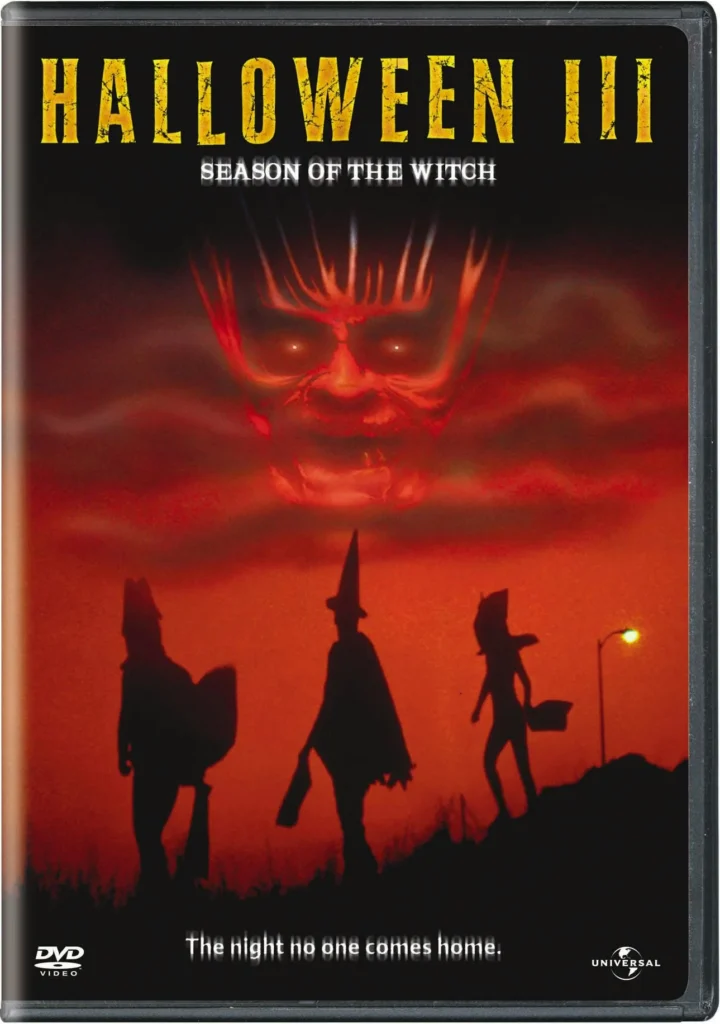Top Ten Films of 1974
1974 was an exceptional year in cinema, producing a diverse array of films that showcased groundbreaking storytelling, innovative direction, and unforgettable performances. From epic crime sagas to chilling horror, and from insightful documentaries to poignant dramas, the films of 1974 have left a lasting impact on the industry and continue to be celebrated today. Here’s a look at the top ten films of 1974, reviewed and ranked in descending order.
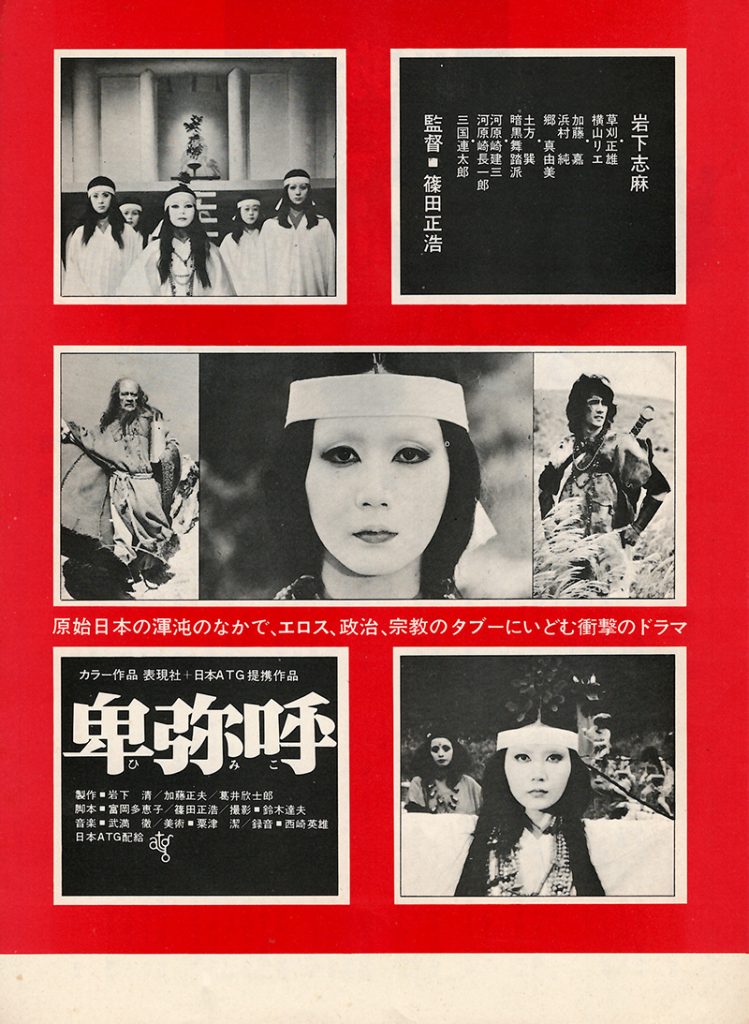
10. Himiko [卑弥呼]
Director: Masahiro Shinoda
Starring: Shima Iwashita, Rentarō Mikuni, Masao Kusakari
Awards: None notable
Critical Reception: Positive
“Himiko” is a visually striking and culturally rich film directed by Masahiro Shinoda. The film explores the life of Himiko, a shaman queen of ancient Japan, blending historical drama with mystical elements. Shinoda’s approach to the material is both poetic and avant-garde, offering a unique perspective on Japanese history and mythology.
Critics praised “Himiko” for its bold visual style, which incorporates traditional Japanese art forms and modern cinematic techniques. The film’s dreamlike atmosphere and compelling performances, particularly by Shima Iwashita as Himiko, make it a standout piece of cinema. Though it may not have received widespread recognition at the time, “Himiko” remains a fascinating and evocative exploration of Japan’s past.
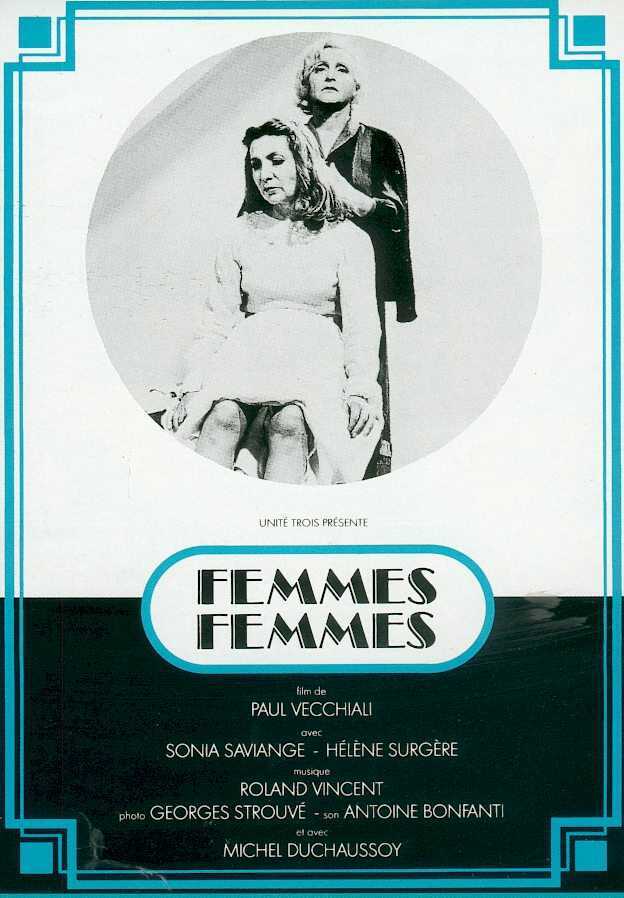
9. Women Women [Femmes femmes]
Director: Paul Vecchiali
Starring: Hélène Surgère, Sonia Saviange, Michel Lonsdale
Awards: None notable
Critical Reception: Positive
“Women Women” (Femmes femmes) is a French drama directed by Paul Vecchiali that delves into the lives of two aging actresses, played by Hélène Surgère and Sonia Saviange. The film is a poignant and often raw portrayal of their struggles, dreams, and the bond they share as they navigate their fading careers.
Vecchiali’s intimate and empathetic direction allows the film to resonate deeply with audiences, capturing the vulnerability and resilience of its characters. The performances by Surgère and Saviange are powerful and nuanced, bringing authenticity and emotional depth to their roles. “Women Women” is celebrated for its realistic depiction of friendship and the challenges faced by women in the entertainment industry.
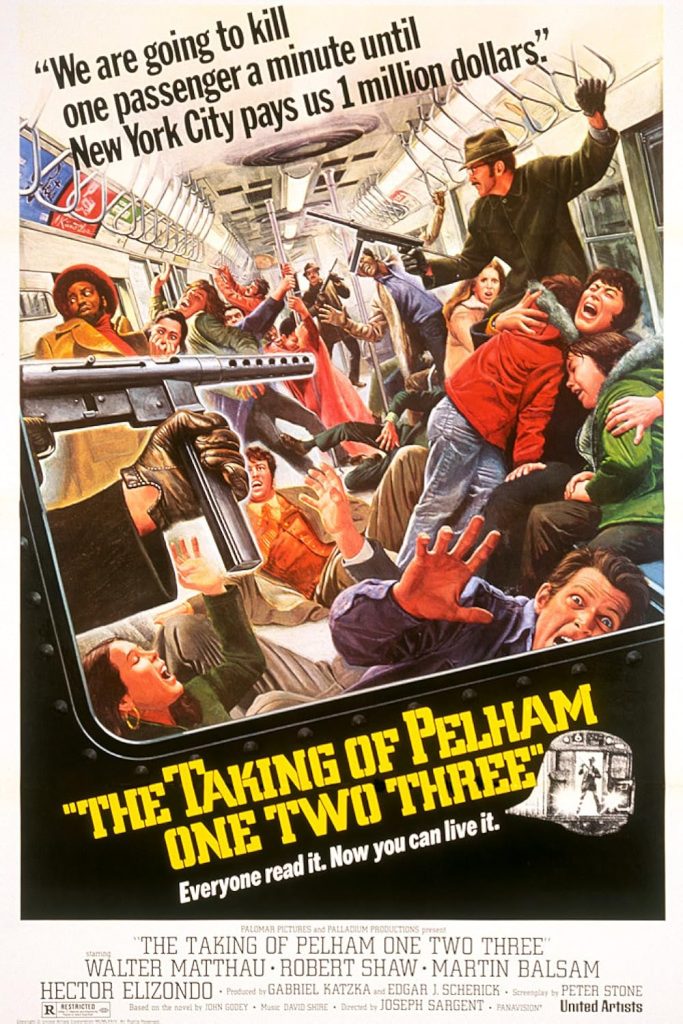
8. The Taking of Pelham One Two Three
Director: Joseph Sargent
Starring: Walter Matthau, Robert Shaw, Martin Balsam
Awards: None notable
Critical Reception: Highly positive
“The Taking of Pelham One Two Three” is a thrilling and expertly crafted crime film directed by Joseph Sargent. The film centers on the hijacking of a New York City subway train by a group of criminals led by the ruthless Mr. Blue (Robert Shaw) and the efforts of transit police lieutenant Zachary Garber (Walter Matthau) to thwart their plans.
Critics lauded the film for its tight pacing, suspenseful narrative, and sharp dialogue. The performances by Matthau and Shaw were particularly praised, with their dynamic interplay adding depth and tension to the story. The film’s realistic depiction of New York City and its gripping storyline make it a standout in the crime thriller genre.

7. Young Frankenstein
Director: Mel Brooks
Starring: Gene Wilder, Peter Boyle, Marty Feldman, Cloris Leachman
Awards: Nominated for two Academy Awards
Critical Reception: Highly positive
“Young Frankenstein” is a comedy masterpiece directed by Mel Brooks and co-written with Gene Wilder, who also stars in the film. A loving parody of the classic Universal horror films, it follows Dr. Frederick Frankenstein (Wilder) as he inherits his infamous grandfather’s estate and decides to continue his experiments with reanimating the dead.
The film’s blend of witty humor, clever references, and memorable performances made it an instant classic. Gene Wilder’s energetic and heartfelt portrayal of Frankenstein, along with standout performances by Peter Boyle as the Monster, Marty Feldman as Igor, and Cloris Leachman as Frau Blücher, brought the characters to life in hilarious and endearing ways. “Young Frankenstein” was praised for its intelligent humor and homage to its source material, securing its place as one of the greatest comedies of all time.

6. Hearts and Minds
Directors: Peter Davis
Awards: Academy Award for Best Documentary Feature
Critical Reception: Highly positive
“Hearts and Minds” is a powerful and provocative documentary directed by Peter Davis that examines the impact of the Vietnam War on both the American and Vietnamese people. The film combines interviews, archival footage, and stark imagery to present a comprehensive and emotional account of the war’s human cost.
The documentary was praised for its unflinching honesty and its ability to convey the complex and often painful realities of the conflict. “Hearts and Minds” received the Academy Award for Best Documentary Feature, solidifying its significance as an essential work in the genre. Its exploration of patriotism, morality, and the consequences of war continues to resonate with audiences and remains a vital historical document.

5. Pastoral: To Die in the Country [田園に死す]
Director: Shūji Terayama
Starring: Kantaro Suga, Hiroyuki Takano, Yoshio Harada
Awards: None notable
Critical Reception: Positive
“Pastoral: To Die in the Country” is an avant-garde Japanese film directed by Shūji Terayama. The film is a semi-autobiographical exploration of Terayama’s childhood and artistic journey, blending fantasy and reality in a visually stunning and emotionally resonant narrative.
Critics praised the film for its imaginative and surreal visual style, which incorporates elements of traditional Japanese art and modern experimental cinema. The film’s nonlinear storytelling and symbolic imagery create a dreamlike atmosphere that captivates and challenges the viewer. “Pastoral: To Die in the Country” is celebrated for its bold artistic vision and its ability to convey deep personal and cultural reflections.

4. The Texas Chain Saw Massacre
Director: Tobe Hooper
Starring: Marilyn Burns, Gunnar Hansen, Edwin Neal
Awards: None notable
Critical Reception: Mixed to positive
“The Texas Chain Saw Massacre” is a groundbreaking horror film directed by Tobe Hooper. The film follows a group of friends who encounter a family of cannibalistic psychopaths, including the iconic Leatherface. Its raw and gritty style, combined with its intense and shocking content, set a new standard for the horror genre.
Despite initial mixed reviews, the film gained significant acclaim for its innovative approach to horror and its ability to generate genuine terror. It became a cult classic and is now considered one of the most influential horror films of all time. The film’s low-budget aesthetic, relentless pacing, and visceral scares continue to impact the genre and inspire filmmakers.
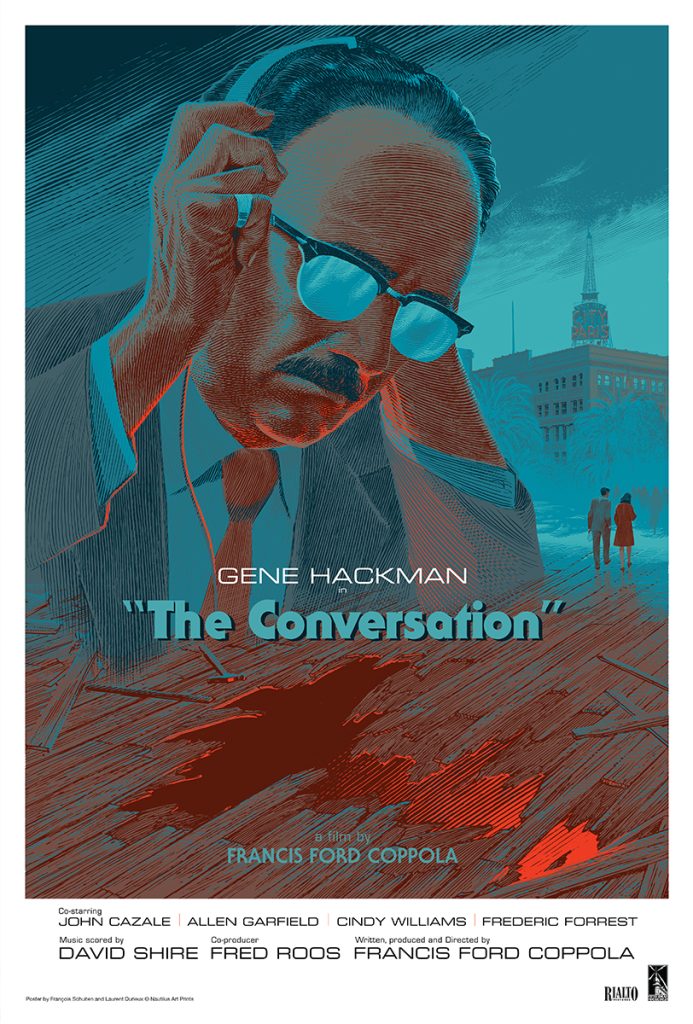
3. The Conversation
Director: Francis Ford Coppola
Starring: Gene Hackman, John Cazale, Allen Garfield
Awards: Won the Palme d’Or at the Cannes Film Festival; Nominated for three Academy Awards
Critical Reception: Highly positive
“The Conversation” is a psychological thriller directed by Francis Ford Coppola. The film stars Gene Hackman as Harry Caul, a surveillance expert who becomes entangled in a complex web of intrigue and paranoia when he suspects that his recordings may lead to murder.
The film was praised for its meticulous direction, atmospheric tension, and Hackman’s compelling performance. Coppola’s exploration of themes such as privacy, ethics, and the consequences of technological surveillance resonated deeply with audiences and critics. “The Conversation” won the Palme d’Or at the Cannes Film Festival and was nominated for three Academy Awards, further cementing Coppola’s status as one of the premier filmmakers of his generation.
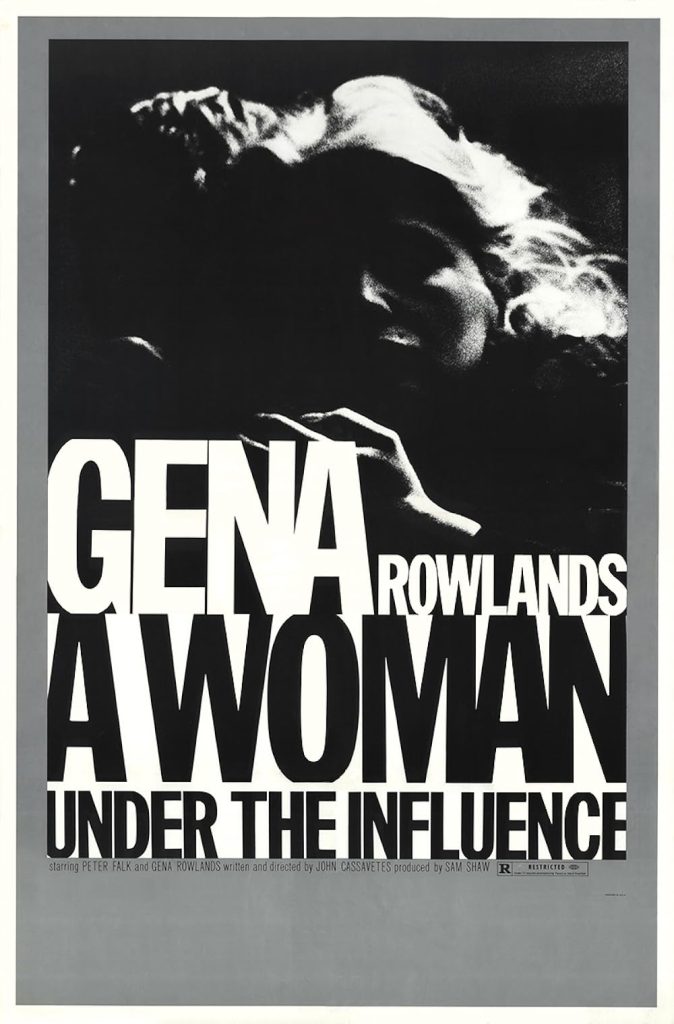
2. A Woman Under the Influence
Director: John Cassavetes
Starring: Gena Rowlands, Peter Falk
Awards: Nominated for two Academy Awards
Critical Reception: Highly positive
“A Woman Under the Influence” is a powerful and emotionally charged drama directed by John Cassavetes. The film stars Gena Rowlands as Mabel Longhetti, a housewife struggling with mental illness, and Peter Falk as her husband Nick. The film’s raw and realistic portrayal of Mabel’s struggles and the impact on her family is both heartbreaking and deeply affecting.
Rowlands’ tour-de-force performance earned her an Academy Award nomination and widespread acclaim, while Cassavetes’ direction was praised for its authenticity and emotional depth. The film’s exploration of mental illness, family dynamics, and societal expectations remains relevant and impactful, making it one of the most significant films of the year.
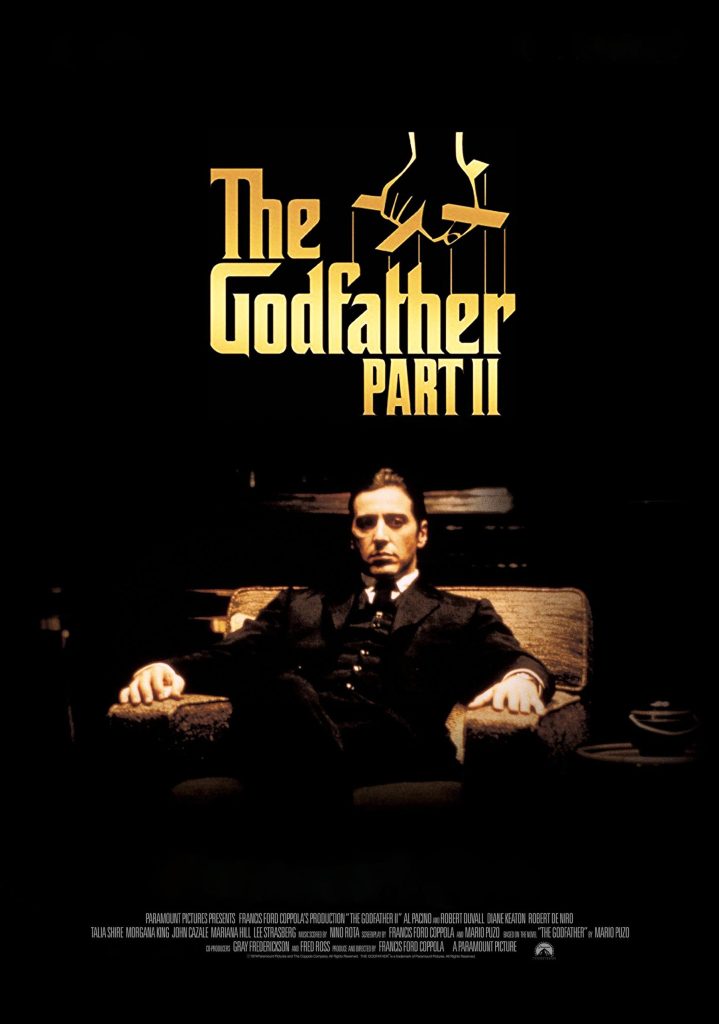
1. The Godfather: Part II
Director: Francis Ford Coppola
Starring: Al Pacino, Robert De Niro, Diane Keaton, Robert Duvall
Awards: Won six Academy Awards, including Best Picture, Best Director, and Best Supporting Actor (Robert De Niro)
Critical Reception: Universally acclaimed
“The Godfather: Part II” is a monumental achievement in cinema, directed by Francis Ford Coppola. Serving as both a sequel and a prequel to “The Godfather,” the film weaves together two narratives: the rise of Vito Corleone (Robert De Niro) in early 20th-century New York and the struggles of his son Michael (Al Pacino) as the head of the Corleone crime family.
The film’s ambitious storytelling, masterful direction, and outstanding performances make it one of the greatest films ever made. Al Pacino’s portrayal of Michael Corleone’s descent into moral darkness is riveting, while Robert De Niro’s portrayal of young Vito Corleone earned him an Academy Award for Best Supporting Actor.
“The Godfather: Part II” won six Academy Awards, including Best Picture, Best Director, and Best Adapted Screenplay. Its critical reception was overwhelmingly positive, with praise for its complex characters, rich narrative, and impeccable craftsmanship. The film’s legacy endures, influencing countless filmmakers and solidifying its place as a landmark in the history of cinema.
1974 was a remarkable year for film, producing a diverse array of works that continue to captivate and inspire audiences. From the epic crime saga “The Godfather: Part II” to the raw emotional depth of “A Woman Under the Influence,” the films of 1974 showcase the creativity, talent, and vision of some of the greatest filmmakers and actors. Each film on this list is exceptional in its own right, contributing to the rich tapestry of film history and leaving a lasting legacy.

